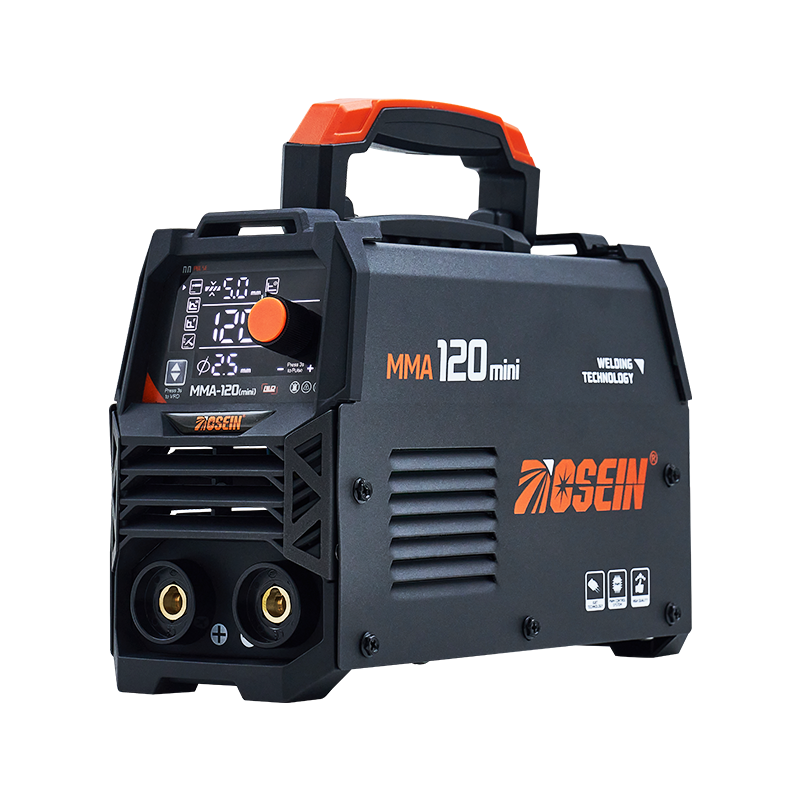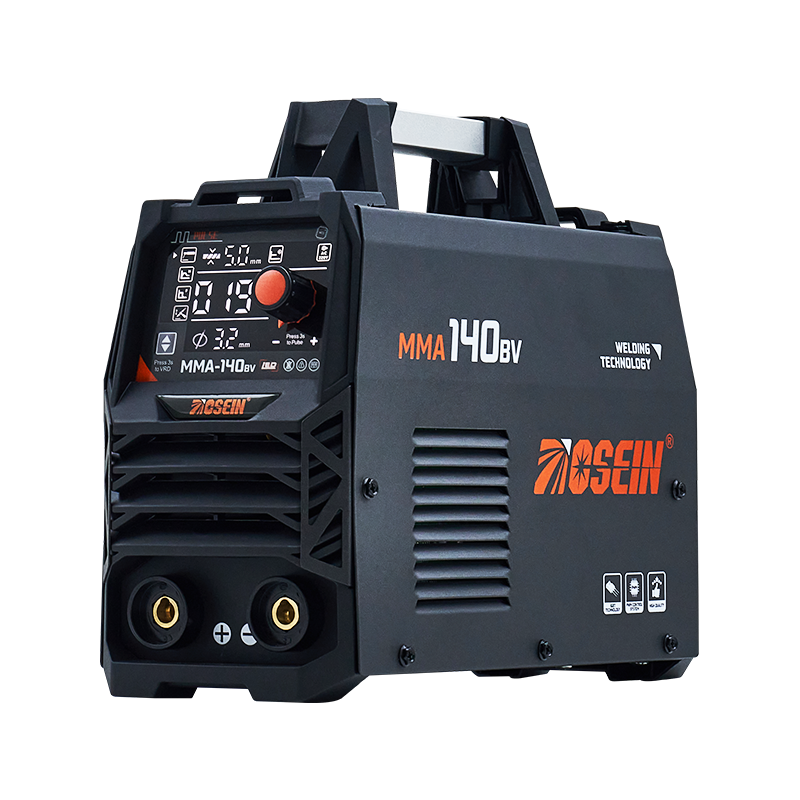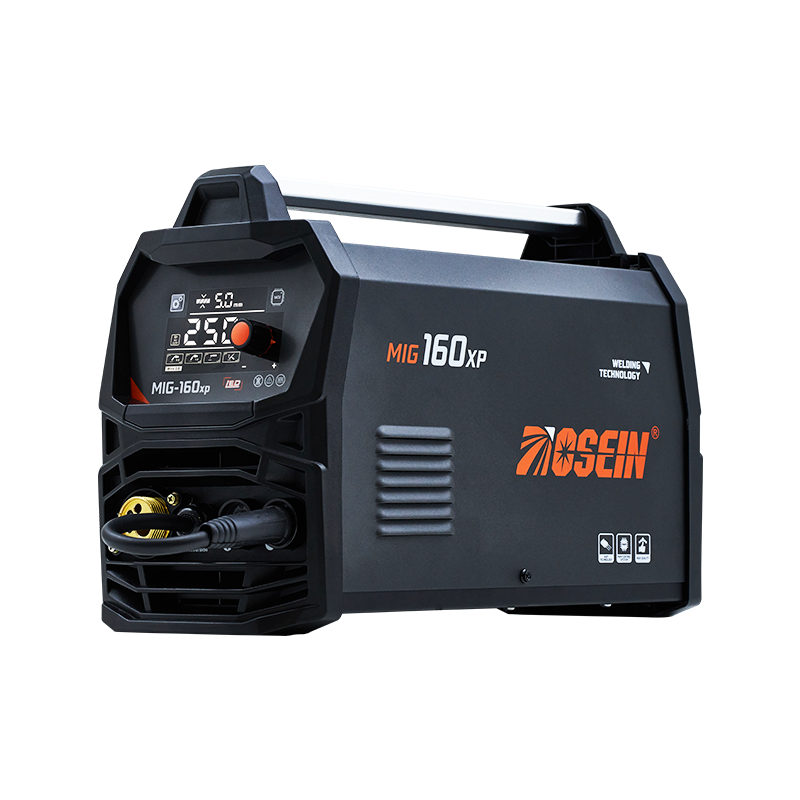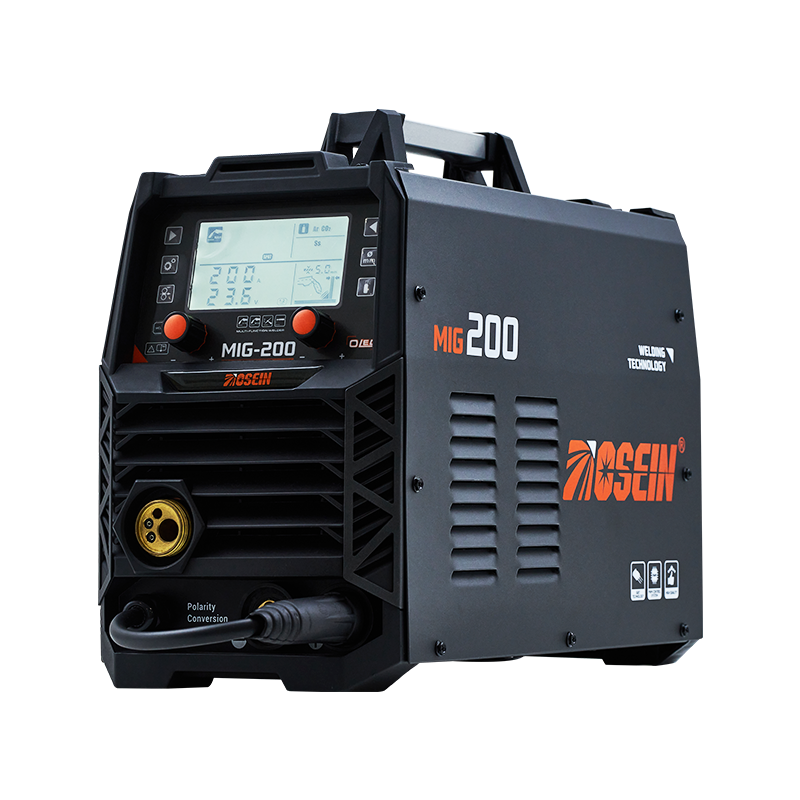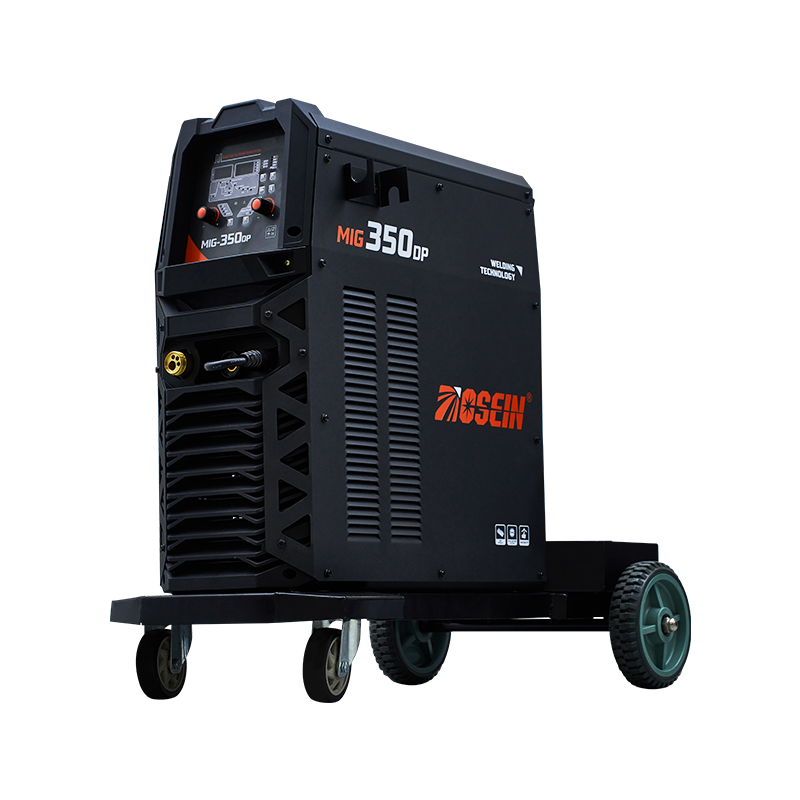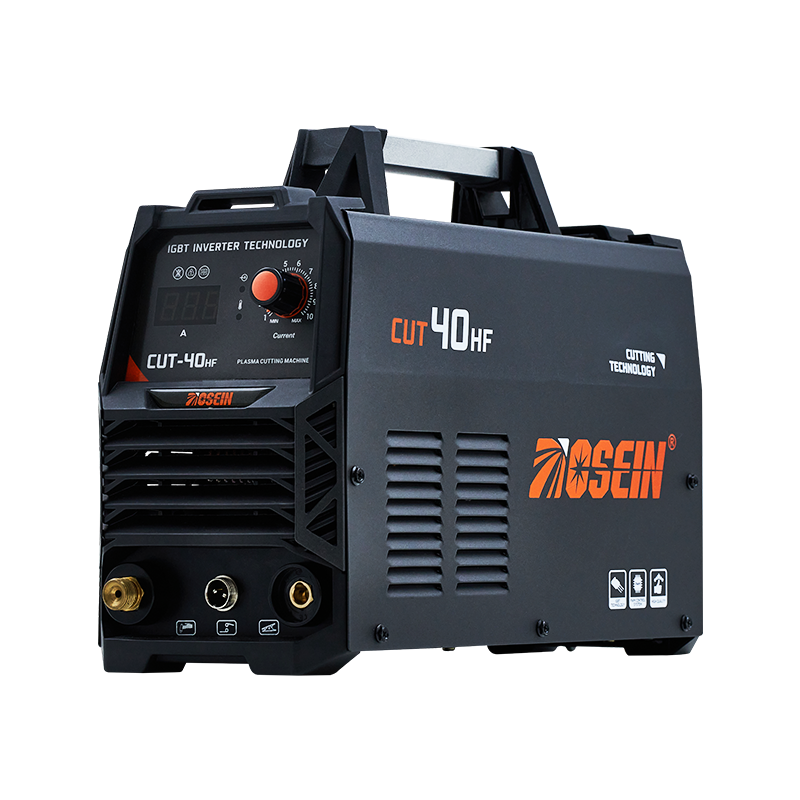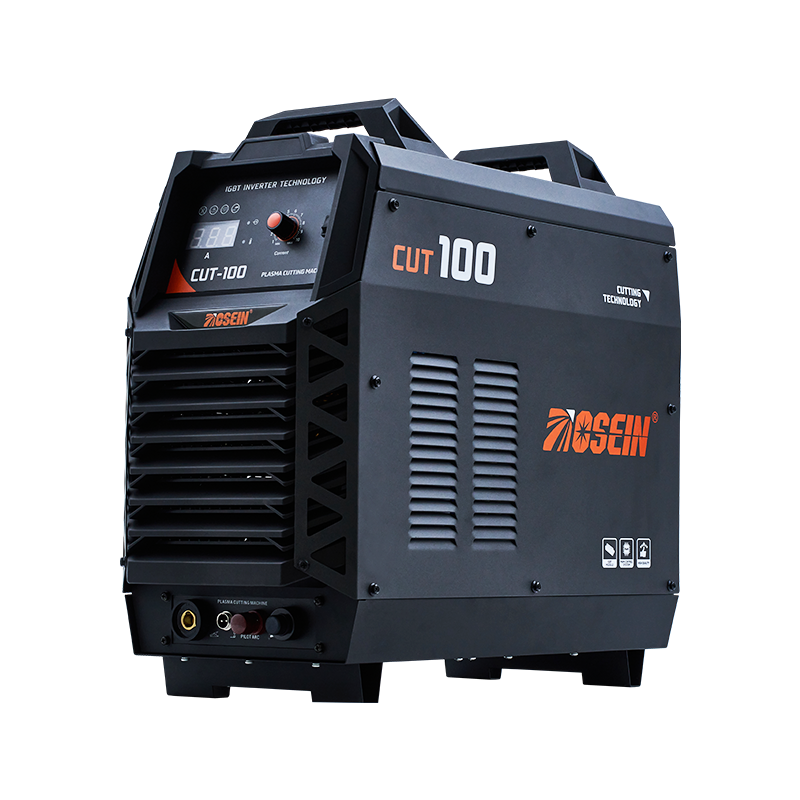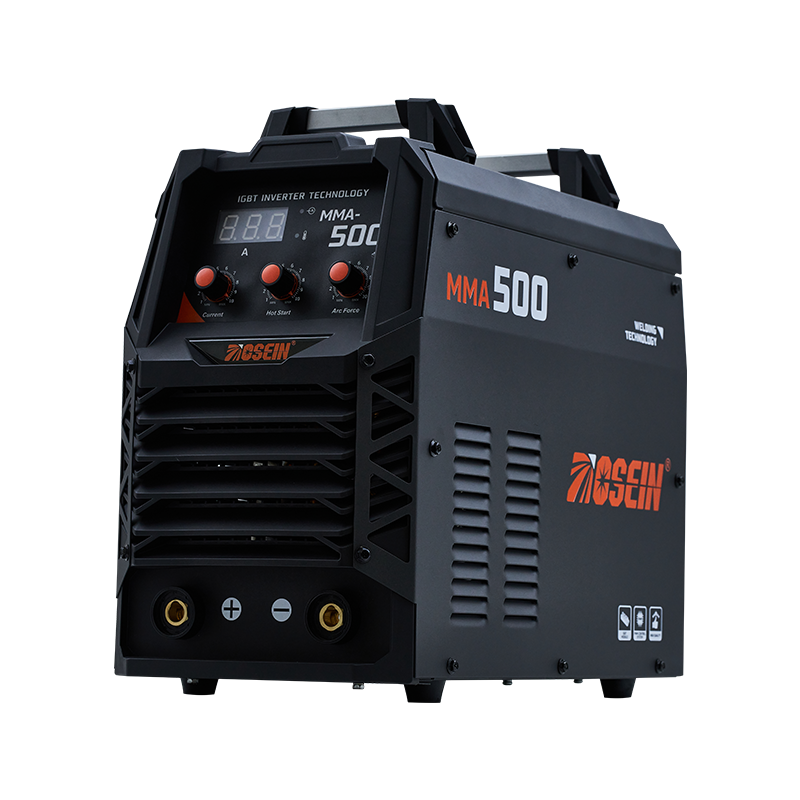
Manual Metal Arc (MMA) welding remains a widely used process in workshops and industrial applications due to its simplicity and versatility. The MMA ARC Welding Machine provides a stable arc for joining various metals, including steel and low-alloy materials. Traditional MMA machines rely on transformer-based systems, which can be bulky and heavy, limiting portability and flexibility. While effective, these conventional machines often have limitations in arc stability, energy efficiency, and operator control.
The Role of Inverter Technology in MMA Welding
The introduction of inverter technology has transformed the performance of MMA welders. An MMA Inverter Welder uses advanced electronics to convert AC power into a stable, controllable DC output. This allows for precise regulation of welding current, resulting in a smoother arc, reduced spatter, and improved penetration. Unlike conventional MMA machines, inverter-based systems are lighter and more energy-efficient, making them easier to handle for both workshop and on-site applications. The MMA Inverter Welder also supports finer adjustments, allowing operators to adapt to different electrode types and material thicknesses with greater accuracy.
Benefits for Arc Stability and Weld Quality
One of the main advantages of inverter technology is improved arc stability. With a traditional MMA ARC Welding Machine, fluctuations in the power supply or inconsistent electrode feeding can cause unstable arcs and poor bead formation. An MMA Inverter Welder mitigates these issues by continuously regulating the current and maintaining a consistent arc. This results in cleaner welds with less post-weld cleanup, enhancing both efficiency and quality. Operators often notice that welding with an inverter-based MMA system requires less effort to maintain arc control, which can reduce fatigue during long sessions.
Versatility in Multi-Process Welding
Modern inverter MMA machines often integrate with multi-process capabilities. An ARC MIG TIG Welder that includes MMA functionality allows operators to switch between different welding processes without changing equipment. Inverter technology supports this versatility by providing stable, adaptable current for MMA welding while also accommodating MIG or TIG processes. This multi-process approach is particularly valuable for workshops that handle a range of materials and joint types, enabling a single machine to meet diverse welding needs.
Efficiency and Portability Advantages
Compared to conventional transformer-based MMA machines, inverter-based systems are lighter and more compact. The MMA Inverter Welder offers enhanced portability, allowing users to move easily between work sites or tight spaces. Energy efficiency is another benefit, as inverters draw less power while delivering precise welding performance. These features make inverter MMA welders suitable for industrial, maintenance, and small fabrication tasks, where portability, efficiency, and consistent weld quality are critical.
Inverter technology has significantly improved MMA welding performance. A traditional MMA ARC Welding Machine delivers reliable results but often lacks the precision and efficiency provided by inverter systems. An MMA Inverter Welder enhances arc stability, reduces spatter, and allows fine control over welding parameters. When combined with multi-process equipment such as an ARC MIG TIG Welder, these machines offer flexibility and adaptability across different metals and welding applications.
By leveraging inverter technology, operators can achieve stronger, cleaner, and more controlled welds, making MMA welding more efficient and user-friendly without sacrificing quality. This demonstrates that modern inverter-based MMA systems are a practical choice for both workshop and industrial environments.
